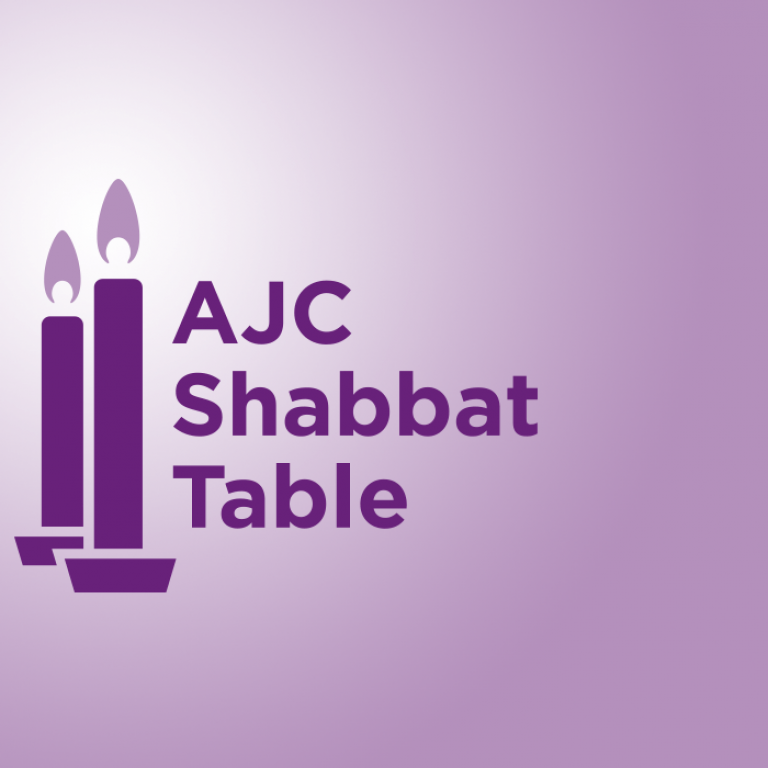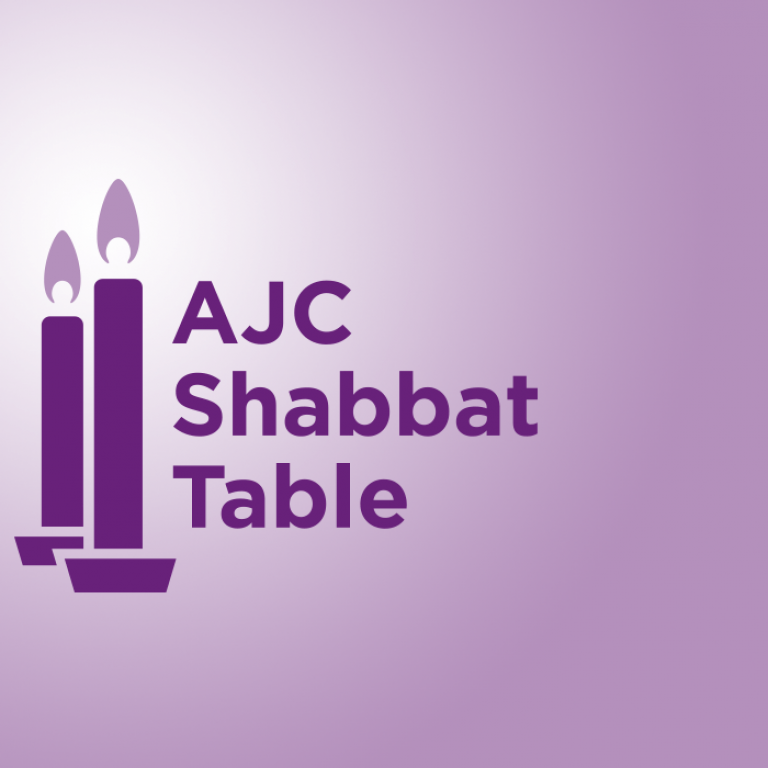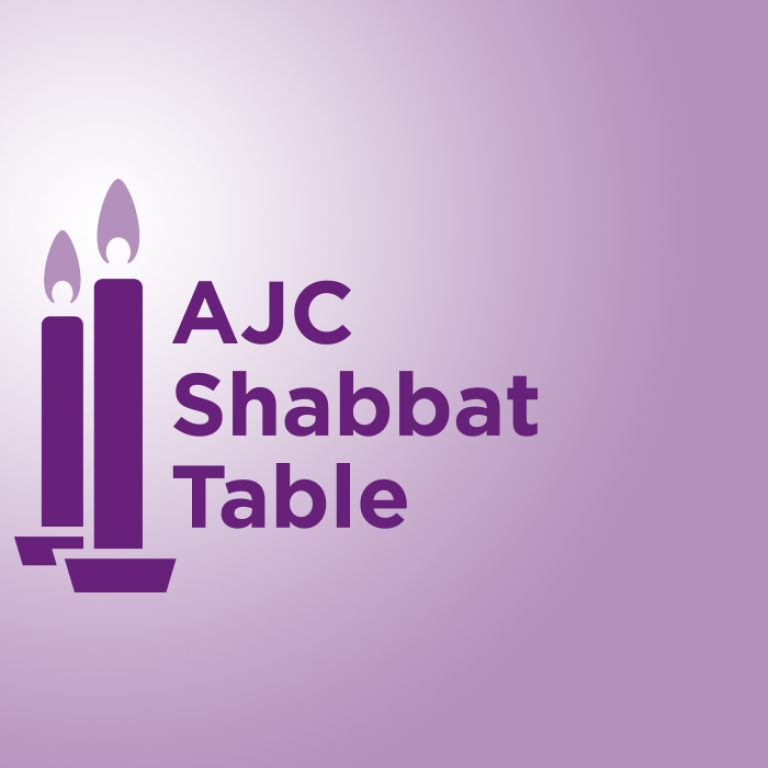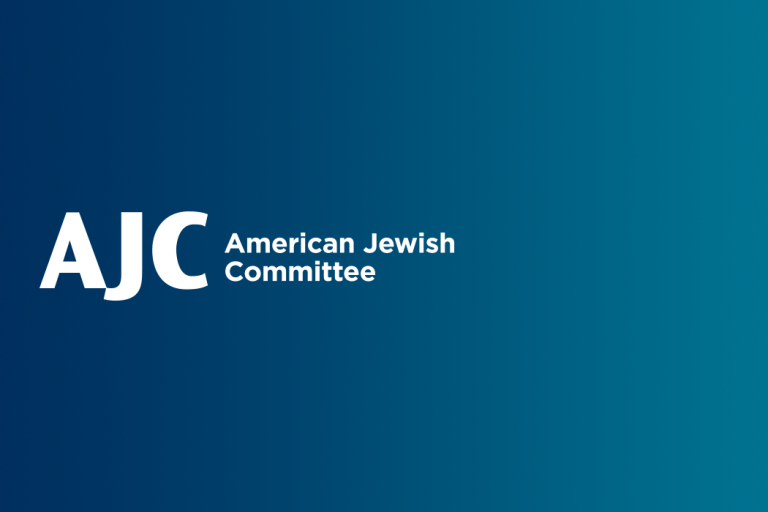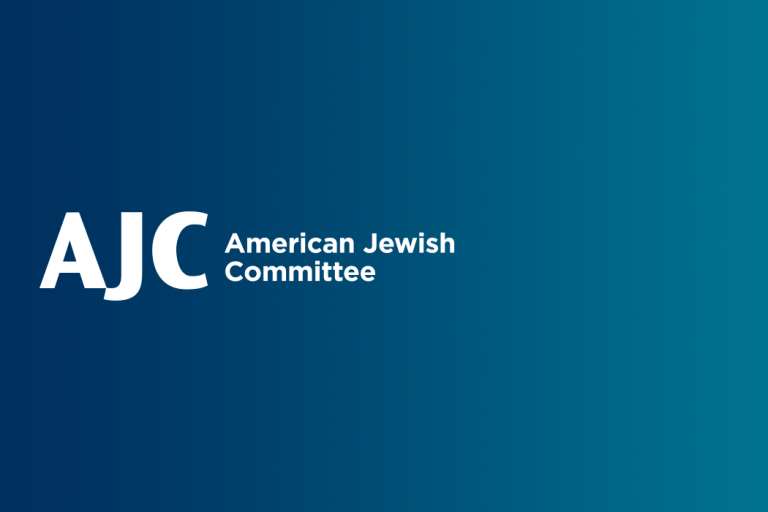November 13, 2020
This Shabbat: Parshat Chayei Sarah
The title of this week’s parsha, Chayei Sarah, literally means “the life of Sarah,” but it actually opens with the death of Sarah, an event that devastates her husband Abraham. Abraham has gone through so much by this point in his life. In last week’s parsha he came close to sacrificing his son Isaac and he was forced to evict his concubine Hagar and his son with her, Ishmael, from his home. Add that onto the other trials and tribulations of Abraham’s life and one could begin to wonder what Abraham thought of being chosen by God to inherit the land of Israel and be the father of a great nation. I keep thinking of Tevye’s famous entreaty to God in Fiddler on the Roof: “We know we’re your chosen people, but couldn’t you choose someone else once in a while?” Indeed, at the beginning of our parsha, it seems that God’s promises to Abraham could not be further from coming to fruition. Rather than inheriting the Land of Israel, Abraham must resort to buying a plot of land in Israel from Ephron the Hittite in which to bury his wife. Rather than being the father of a great nation, Abraham must face the death of his wife, making impossible any more offspring from her than his one precious son, Isaac. Rabbi Lord Jonathan Sacks z”tzl, who we tragically lost to cancer this week, wrote about this very situation in a Dvar Torah on this parsha a few years ago. Rabbi Sacks noted that rather than giving up on ever seeing God’s promises come to fruition, Abraham marches ahead, partnering with God to help them come to be. Rather than allowing Ephron the Hittite to give him land for Sarah’s grave as a gift, Abraham insists on paying for it, to ensure that his ownership will be undisputed. Rather than despairing over only having one child with Sarah, he sends his servant Eliezer to find a wife for Isaac so that he can marry and bring more children into the family in the next generation.
The lessons to be learned from Abraham are many. Most of all, we learn that our goals may not be fully achieved in our lifetimes, but we must still work to achieve them as best we can so that our work can continue after we are gone. In my mind’s eye, I see the famous picture of the stalwart and visionary men who founded AJC 114 years ago this week. They saw a burning need to speak out on behalf of their coreligionists who were suffering terrible antisemitism and violence in Russia, and they acted. They understood that the Jewish people needed an organization that would speak out, defend, and advocate for the need of the Jewish people. When those men neared the end of their lives, the Jewish people were, of course, not yet safe and not yet able to be secure without advocates. So, they passed AJC down to the next generation, knowing that, like Abraham, they weren't going to achieve their ultimate goal themselves. All they could do was take the first step and know that each generation was going to do its best to continue to work toward that dream. If they could see us now, I think those brave founders of AJC would be very proud that their work continues to this day.
This Week in Jewish History
November 13, 1856 - Louis D. Brandeis is born
Louis Brandeis (1856-1941) was that rare American Jew who played central roles both inside the Jewish community and in America as a whole. Born in Louisville, Kentucky to relatively secular Jewish immigrant parents, Brandeis became one of the great leaders of the American Zionist movement as well as becoming the first Jewish Supreme Court Justice. Brandeis began his career as a progressive attorney who dedicated his career to fighting for workers’ rights. During World War I, he became deeply involved in the Zionist movement, taking the position of Chair of the Provisional Executive Committee for General Zionist Affairs. In particular, Brandeis had a powerful impact on American Zionism. He was known for his staunch belief that being a Zionist was consistent with being a patriotic American. As he famously said in a 1915 speech, “Let no American imagine that Zionism is inconsistent with Patriotism. Multiple loyalties are objectionable only if they are inconsistent. A man is a better citizen of the United States for being also a loyal citizen of his state, and of his city; or for being loyal to his college.” Brandeis was nominated to the U.S. Supreme Court by President Wilson in 1916. His nomination was highly controversial due to the progressive stances he took as an attorney, but it was ultimately approved by the Senate in a vote of 47 to 22. He formally resigned his official role in the Zionist movement upon taking his seat on the Court, but he continued to work behind the scenes as an advocate for Zionism for the rest of his life. Brandeis became a highly respected justice on the Supreme Court, writing many influential decisions on freedom of speech and right to privacy. When the founders of a non-sectarian but Jewish university in 1948 sought a namesake for their project, it is unsurprising that they chose Brandeis University as its name.
November 18, 1984 - Operation Moses Begins
The Jewish community in Ethiopia had a rich history that dated back well over 1,000 years. However, by the mid-1980s, this proud community was endangered by a terrible Ethiopian civil war and famine. Many fled to Sudan where they lived in terrible conditions in refugee camps. A man named Richard Krieger, who was serving the United States’ Associate Coordinator for Refugee Affairs, became aware of the terrible conditions under which the Ethiopian Jews were living in the refugee camps. He came up with the idea of an airlift to bring them to Israel, and he met with the Mossad, Israel’s intelligence agency, and Sudanese officials in order to make it happen. The Israeli cabinet met secretly in early November 1984 and decided to move ahead with the airlift, a plan that became known as Operation Moses. Beginning on November 18 and continuing until early January, 1985, Israel airlifted 8,000 Ethiopian Jews from Sudan via Brussels to Israel in a semi-covert operation. Operation Moses came to a crashing halt on Friday, January 5, 1985 when Israeli Prime Minister Shimon Peres confirmed its existence in a press conference. Immediately after the conference, fearing retribution from Arab allies, Sudan ceased permitting the airlifts to take off. Further evacuation operations such as the American-led Operation Joshua and the Israeli-led Operation Solomon brought thousands more Ethiopian Jews to Israel.
Today, Israel’s Ethiopian community numbers more than 140,000 members and is an integral part of Israeli society. However, their acclimation into Israeli society has not been without its challenges. Ethiopians suffer disproportionately from poverty and discrimination, and many feel that their rich culture and history is being erased as they become part of the fabric of Israeli society. Despite their struggles, Ethiopian Jews have impacted every area of Israeli life from politics, to medicine, to fashion and music. They are truly part of the tapestry of twenty-first century Israel.
A Treasure from the AJC Archives
In 1957, AJC and the ABC television network co-produced a short film titled “The Trophy,” which tells the story of a college fraternity that wants to pledge a Jewish member and has to fight the antisemitic and discriminatory policies of its national fraternal organization in order to do so. “The Trophy” is based on an actual incident that took place at Middlebury College in Vermont in 1948. The film won the Third Annual Robert E. Sherwood Television Award for the best half-hour program dealing with the questions of freedom and justice. Watching this film will help you see that advocacy and raising awareness does work. Indeed, it’s hard to believe that there was a time when non-sectarian fraternities were permitted to discriminate on the basis of religion. You can watch this uplifting film with its feel-good ending here.
For Shabbat Table Discussion: The Legacy of Rabbi Lord Dr. Jonathan Sacks
This week, the beloved former Chief Rabbi of Great Britain, Rabbi Lord Dr. Jonathan Sacks, passed away at the age of 72 from cancer. It is hard to overestimate Rabbi Sacks’ contributions to both the Jewish world and to the western world as a whole. An Orthodox rabbi who was a fierce proponent of both Jewish and liberal democratic values, Rabbi Sacks earned the respect of religious and political leaders around the globe, both in the Jewish community and outside it. He was a prolific author, writing many books as well as weekly words on the Torah portion of the week and annotations for prayer books. You can read his obituary in JTA here.
Questions for your Shabbat table:
- Why was Rabbi Sacks, an Orthodox rabbi, such an influential figure for so many non-Orthodox Jews and even non-Jews all over the world? What qualities did he have that made him a voice that so many related to?
- What does the position of Chief Rabbi mean in the twenty-first century? Why do you think America has never had a Chief Rabbi?
- What values do you think Rabbi Sacks would want us to fight for in his memory?
For more information about the legacy of Rabbi Sacks:
- Read this beautiful tribute to Rabbi Sacks by his longtime editor at Schocken Books.
- Explore Rabbi Sacks’ website, which contains a rich array of his writings and ideas.
- Read this beautifully curated collection of ten of Rabbi Sacks’ most profound and enduring quotes and teachings.
Shabbat shalom!
שבת שלום!


